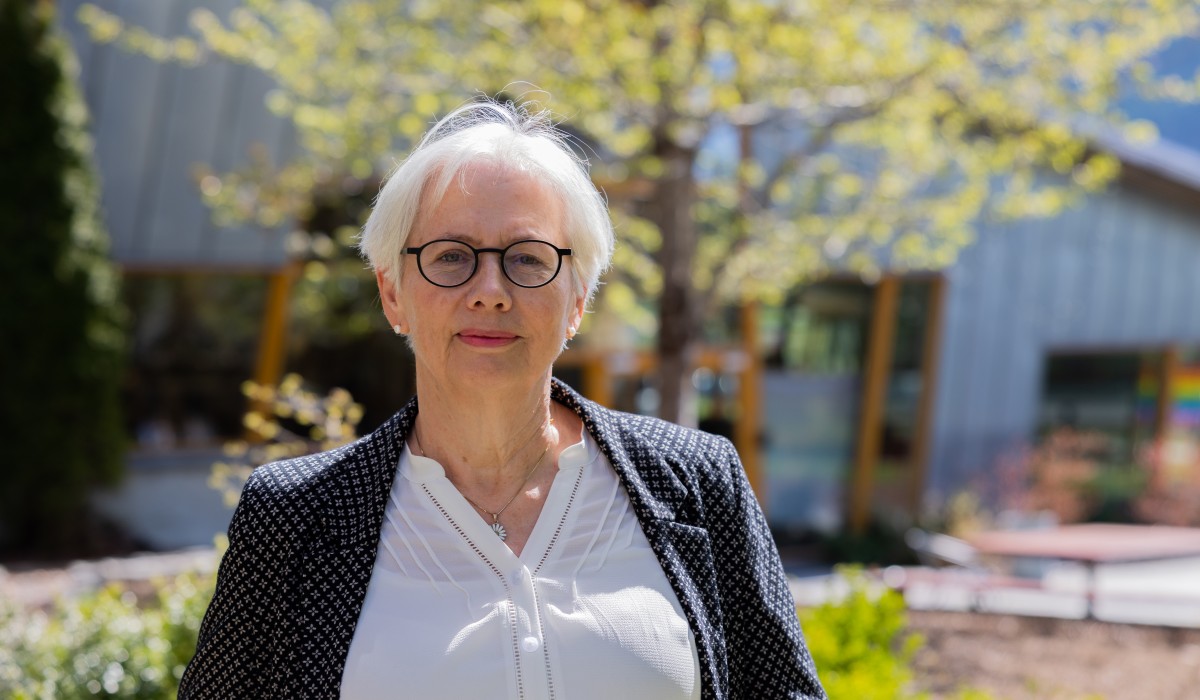In this talk, Professor Sørbø discussed Jane Austen’s ironical narrative voice and attitude.
Literary scholars have often commented on Jane Austen’s ironical narrative voice and attitude, but do filmmakers and translators agree? What does this perceived irony consist in, and what is it aimed at? Which aspects of her novels are selected or omitted, emphasized or neglected by these receivers?
About the speaker
Professor Marie Nedregotten Sørbø was a Visiting Fellow of Lucy Cavendish College for six months in 2018, and has been an Associate since. Norwegian by birth, she has taught English literature at Volda University College, Norway, for over thirty years. She holds a PhD from The University of Oslo, and has published two monographs: Irony and Idyll: The Reception of Jane Austen’s Pride and Prejudice and Mansfield Park on Screen (2014) and Jane Austen Speaks Norwegian: The Challenges of Literary Translation (2018). She has contributed chapters on Jane Austen (2007) and George Eliot (2016) for The Reception of British and Irish Authors in Europe. Sørbø has been a partner in several EU-funded projects and networks about women writers of the past, not least HERA Travelling Texts 1790-1914, and co-chair of DARIAH-EU Women Writers in History (2018-22). She has published many articles and chapters, such as ‘Austen and Shakespeare Translated’ (Palgrave, 2019). The most recent of these are ‘Bluestocking and Preacher: The Bifurcated Reception of Hannah More in Scandinavia’ (Routledge, 2022) and ‘The Challenges of Translating Jane Austen’s Irony: Samples from 150 Years of Norwegian Versions of the Novels’, just out as part of a Humanities special issue on the author, edited by Sandie Byrne from The University of Oxford (2022). Also this year, Sørbø has published her own translation of Austen’s Northanger Abbey into Norwegian, and will draw on her experience as translator as well as literary scholar in her talk.




